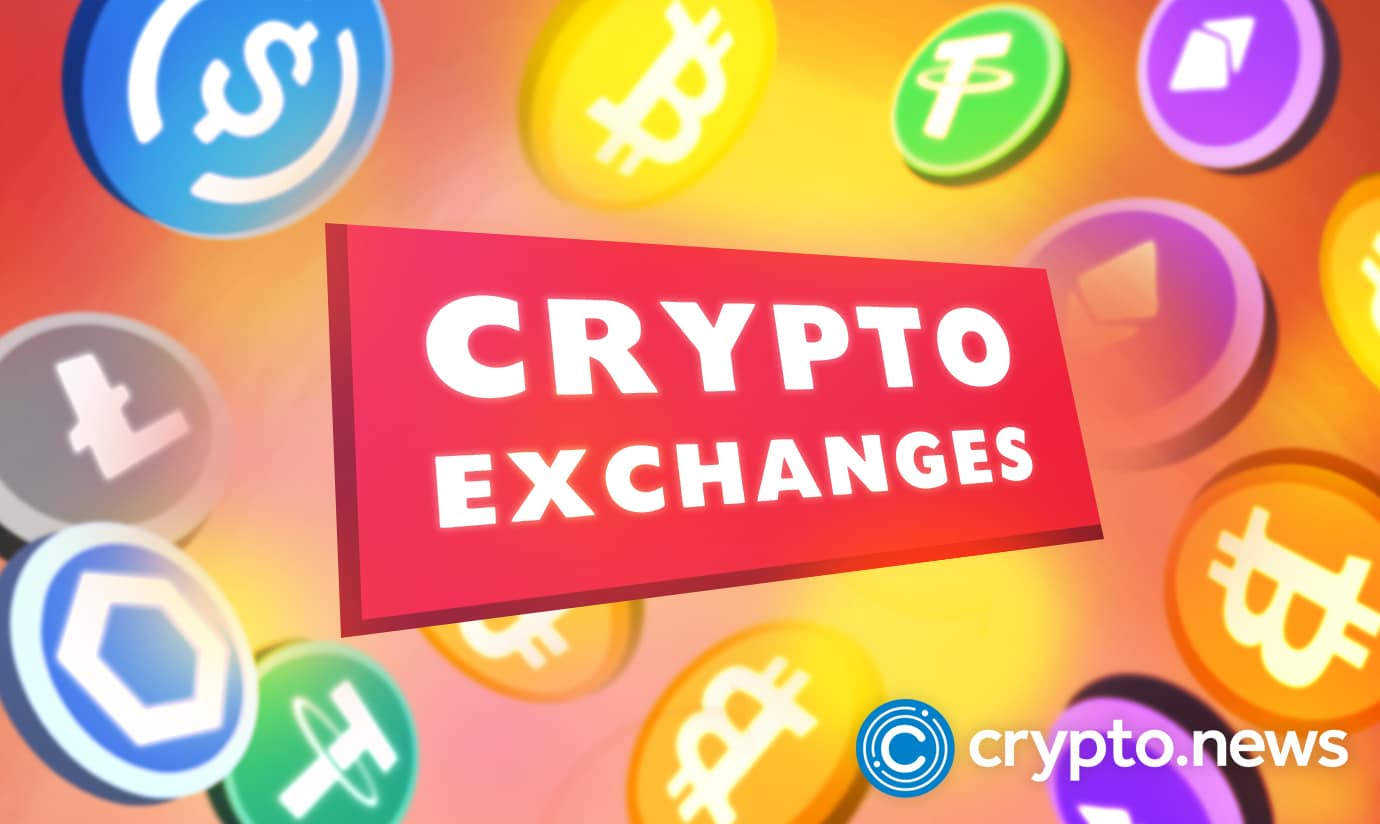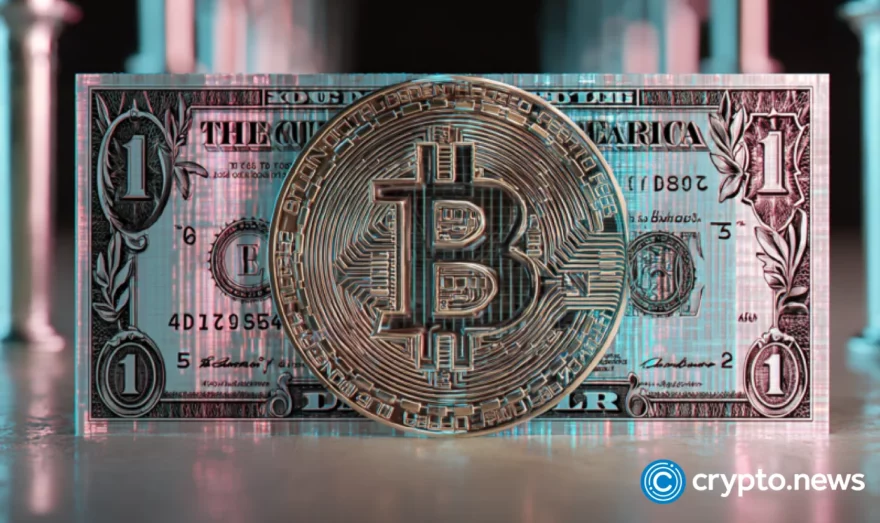Only Decentralized Platforms can Protect People’s Crypto Assets from Government Overreach

Of course, centralized crypto exchanges in most cases are easy to use, offer users better liquidity, and eliminate the burden of private key storage for users. However, the recent happenings in the world have proven once again that storing your hard-earned coins on CEXs is not a good exercise to undertake, as these platforms are not entirely immune to the draconian policies of the government which can be conjured at any given time to suit the needs of the authorities.
Not your Keys, Not your Crypto
It will be recalled that Canadian Prime Minister, Justin Trudeau invoked the country’s Emergencies Act for the first time since that piece of legislation was enacted in 1988, earlier in February 2022, in reaction to the Freedom Convoy —the band of truckers protesting COVID-19 vaccine mandates and restrictions in Ottawa.
For the uninitiated, the Emergencies Act bestows the government with added powers in times of national crisis. It gives the Canadian government the authority to take extraordinary temporary measures in response to public emergencies when all other existing laws fail to excellently address the ongoing crisis.
“This is about keeping Canadians safe, protecting people’s jobs, and restoring faith in our institutions,” Trudeau explained at the time.
Notably, part of the Trudeau Emergency Act campaign aimed to restrict cryptocurrency transactions in a bid to completely block the flow of funds protesters were using to bankroll the illegal protests.
Freedom is Priceless
Following the successful invocation of the Emergency Act law, which gave centralized financial institutions the go-ahead to freeze accounts associated with the trucker convoy, supporters of the protest attempted to circumvent the embargo by raising funds through crypto donations.
To further make life unbearable for the demonstrators, the Canadian government blacklisted several of the dissidents’ bitcoin wallet addresses.
Since the assets of holders of decentralized cryptocurrencies like bitcoin (BTC) and ether (ETH) cannot be frozen directly within the blockchain network, the Canadian government had to mandate centralized entities like payment processors and crypto exchanges to freeze funds connected to specific digital currency addresses.
Though it remains unclear whether this move will achieve much success, many industry observers believe this is an egregious overreach, nonetheless.
In the words of popular Twitter user @punk6529, “Without the freedom to transact, you have no other constitutional rights.”
They continue to explain that in order to freely dispense information, one might require a website, a pamphlet, or an advertisement.
Similarly, freedom to practice one’s religion may require renting a space to worship, buying food and consumables, and paying the salaries of religious officials. Simply put: exercising one’s right costs money, and the state can’t punish people and cease those rights without due process, which generally means proving a specific law was broken.
The actions of the Canadian government attracted numerous reactions from stakeholders in the cryptospace, including Ethereum’s Vitalik Buterin, who said:
“If the truckers are blocking the roads and that’s breaking the economy, fine, blocking the roads is illegal. But if the government is not willing to follow the laws…and they just want to talk to the banks and basically cut out people’s financial livelihoods without due process, that is an example of the sort of thing that decentralized technology is there to make more difficult.”
Regardless of your stance on the situation, the prevailing sentiment is that these asset freezing moves will indeed take place sooner or later.
Fortunately, there are non-custodial and decentralized platforms like Portal, which is designed to enable individuals to transact without censorship.
Powered by the highly secure Bitcoin network, Portal swaps move provable execution of cross-chain contracts to layers 2 and 3, thus allowing speedy transactions like on centralized platforms, while still maintaining the robust security of Bitcoin.
















